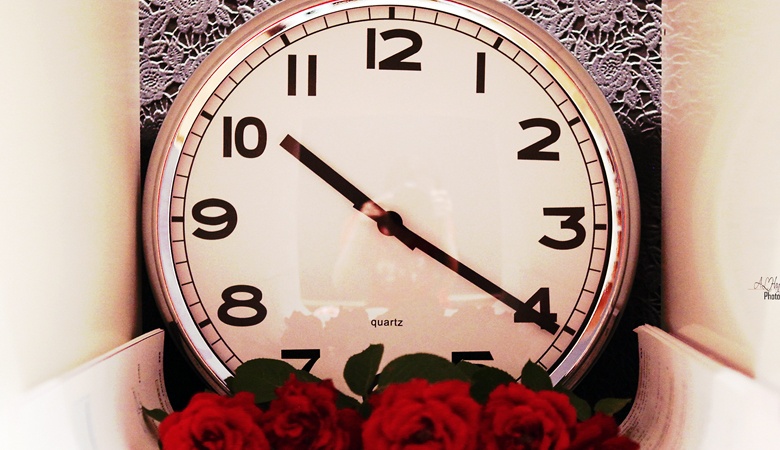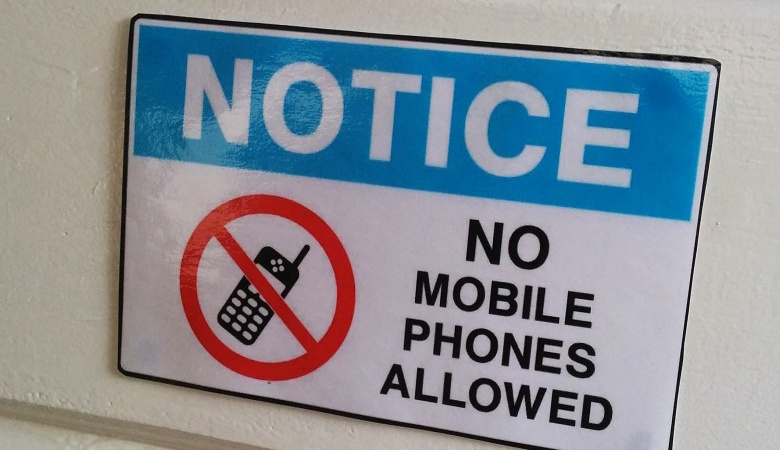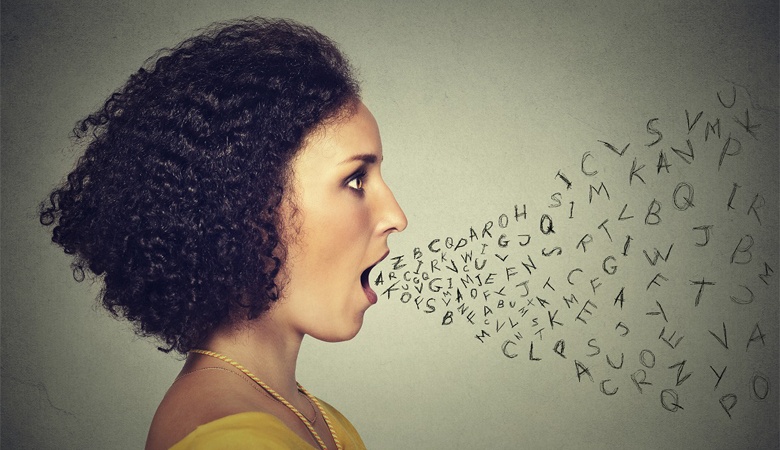10 Things NOT to Do at a Funeral
Trust us when we tell you that funeral directors can teach you a thing or two about etiquette—funeral etiquette that is. They’ve seen first-hand what can happen when you throw together a wide variety of acquaintances, friends, and family during a difficult and emotional time.
You can easily avoid some of the most common funeral manners blunders. Just take a look at our list of What NOT to do at a Funeral.

10 Things Not to Do at a Funeral
Have you heard the one about the woman who brought her wedding photos to her ex-husband's funeral? Or how about the one about the fight that broke out right in front of the casket? Actually, you'd be surprised at how often fights take place at funerals. Proper funeral etiquette is really all about common sense and good manners. To give yourself a refresher, take a look at 10 Things NOT to Do at a Funeral. While you're at it, forward it on to that unpredictable friend or relative who could use a manners tune-up before the next family funeral. Want more info on funeral etiquette? We've got it. Visit our funeral etiquette page.

1. Don't be late.
There is an old saying that if you are on time you are late. This is a good rule to follow when attending a funeral. Try to arrive early so that you can get settled well before the service begins. You certainly don't want to interrupt the proceedings by having to look for a seat. If you do arrive late, enter quietly and discreetly find a seat in the back.

2. Don't dress for a club, party, or the beach.
True, the rules for funeral dressing are much more relaxed than they used to be, but you still need to use common sense when deciding what to wear. The key word here is respect. Not just respect for yourself, but respect for the loved one you are saying goodbye to. Save the flip-flops for the beach and the sparkles for the club. Choose something tasteful and make it work.

3. Don't let your phone ring, chime, or ding.
We’ve all been there—you're in a quiet place like a church or a theater and a phone goes off. Even worse, it’s your phone! Be sure to mute your ringer before you enter the service. If, heaven forbid, your phone does go off, quickly silence the ringer and step outside to take the call.

4. Don't text, surf, or otherwise be glued to your cellphone.
Sure, there could be an emergency where you have to be reached, but it's highly unlikely there will be anything so important it can’t wait until the service is over. You are here to honor someone you cared about and were connected to. Give them your undivided attention. You won't get another chance to do so.

5. Don't forget the purpose of the occasion.
If you've never lost a loved one, you may not understand the wide range of emotions the family is experiencing. This may leave you confused about what to do, what to say, and how to behave. You can take your cue from the family with regard to specific behavior. Just keep in mind that you're there to pay your respects to the deceased and his or her family. If you are respectful and courteous, you'll be fine.

6. Don't cause a scene.
Don’t feel guilty about saying or doing something that causes a loved one to cry or crying yourself. Crying is healthy. If, however, you find yourself weeping uncontrollably (you’re causing a scene or making other mourners uncomfortable), it is polite to excuse yourself until you regain control.

7. Don't ignore your noisy child (or adult, for that matter.)
Before bringing a child to a funeral, think about whether or not they might be disruptive during this type of occasion. If they are very young, the grief displayed during the service may be upsetting to them. Some children, like adults, may respond to grief with humor or behavioral issues. Should uncomfortable behavior take place, quickly and quietly step out of the service. If an adult in your party is not behaving in an appropriate manner, a quiet reminder of the situation will probably do the trick.

8. Don't say stupid stuff.
While you still want to be yourself, it's always smart to think about what you say before you say it. This is especially true if you are talking or telling a story about the deceased. Make sure that the content you are covering is appropriate for the context. The last thing you want to do is embarrass or cause pain for someone who is close to the deceased.

9. Don't forget that it's not about you.
Unless you are the spouse, close family member, or special personal friend of the deceased, then you are likely attending the funeral to support the family and pay your respects. That means you are not there to draw attention to yourself. While it's perfectly understandable to be upset and emotional, the last thing the loved ones need is to have to attend to a visitor who is disruptive. If you are overwhelmed with emotions, step outside until you can compose yourself. Express your sympathy to the grieving but avoid talking at length about how the death is affecting you. In other words, be sensitive to everyone who is attending and don’t make the funeral all about you.

10. Don't be careless when taking selfies, snaps, or Instagrams.
There are still places where it's taboo to take photos and a funeral service is one of these. While this may be the first time the family has been in one place for a long-time, wait until after the service is over to try to get a shot. You may find an appropriate time during the repast (if there is one) or you can do it after the graveside service. ALWAYS be aware of what is behind and around you when you snap that photo. You don't want to inadvertently catch something inappropriate or someone at a bad time.
Do you have a funny, embarrassing, or unique funeral story to tell? Share it with us on our FORUMS page.
